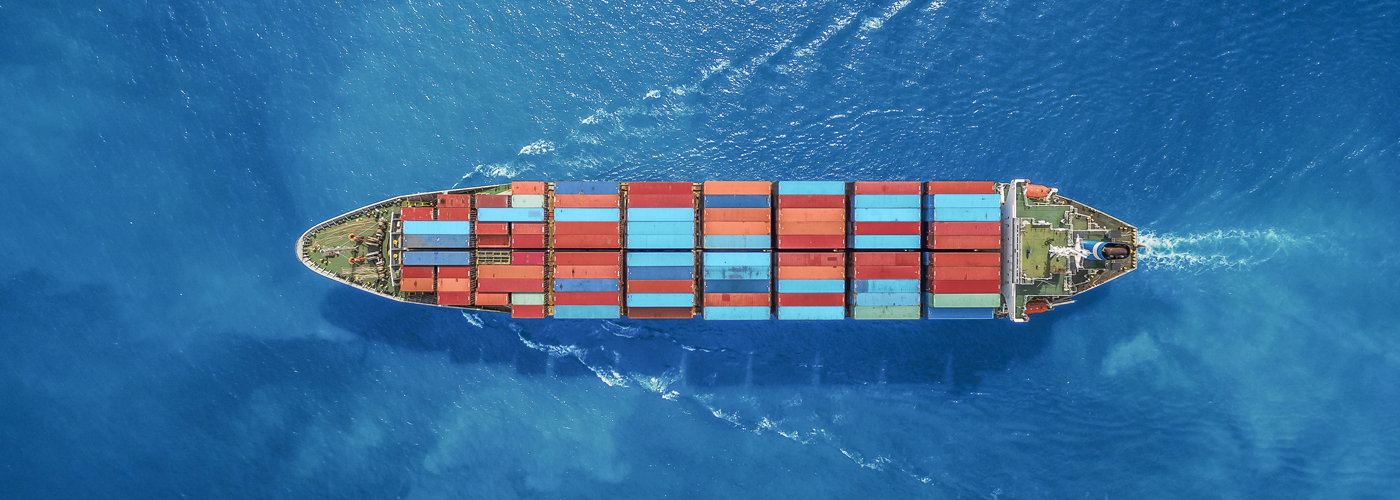We manage our supply chain through our three business units: Consumer Microbial Control (CMC), Industrial Microbial Control (IMC), and Nutrition, Care & Environmental (NCE). Many of the materials we procure are specific to a particular product and site. However, common approaches are used across all business units. We prioritize procuring goods from renewable resources that are grown and produced under environmentally and socially responsible conditions. To ensure our suppliers are aligned with our values and ambitions, we conduct supplier screenings and assessments, and we have updated our global Supplier Code of Conduct in 2022. In addition, we comply with regionally specific requirements, such as the UK Modern Slavery Act Statement, the Swiss Ordinance on Due Diligence and Transparency in relation to Minerals and Metals from Conflict-Affected Areas and Child Labour and the California Transparency in Supply Chains Act Statement.
The materials we procure contribute to our greenhouse gas (GHG) emissions footprint that we are aiming to reduce. We can achieve this by selecting more environmentally friendly transportation methods and materials. We also prioritize that workers at our supplier sites are treated safely, ethically and with respect in line with our corporate values of Safety and Health, Ethical Behavior, and Respect for People and Planet.
To create more sustainable supply chains across the business, we have set a goal for 100% of our key suppliers to complete an environmental, social and governance (ESG) assessment by 2030.
Supplier screening & assessment
Prior to entering into a contractual agreement with a supplier, we conduct supplier screening and assessments that consider risk factors such as financial, geopolitical and environmental risk.
We are committed to making sustainability improvements within our and our suppliers’ operations. We rolled out our sustainable sourcing strategy in late 2022, designed to comprehensively manage and reduce our Scope 3 emissions by working collaboratively throughout our supply chain. In the future, we plan to join the Together for Sustainability (TfS) initiative and begin ESG assessments of our suppliers using the EcoVadis platform. TfS was founded by chemical sector companies in 2011 and aims to support chemical companies in assessing, auditing and improving the sustainability practices of their supply chains. As a TfS member, we will have access to a database of TfS supplier assessments, audits and be able to develop and improve in all areas of our sustainability sourcing practices.
TfS audits can be requested by members and are an on-site examination of a supplier’s business sites and practices according to a specific set of sustainability criteria. Audit results are accessible to every TfS member, facilitating in-depth insights into the performance of a supplier.
TfS assessments are conducted online and are supported by EcoVadis questionnaires. Sustainable development experts analyze all supplied data, including third-party certifications and publicly available information, to assign a supplier score from 0 to 100. This score can be broken down by scoring category to identify a supplier’s strengths and weaknesses. As a TfS member, we can request the supplier to put in place a Corrective Action Plan (CAP) to address shortcomings. The CAP includes a roadmap containing corrective actions, deadlines and responsibilities for the supplier to fulfil. To help suppliers implement the roadmap and address identified shortcomings, TfS provides suppliers with access to its academy training hub.
By joining TfS, we will be able to make use of the supplier audit and assessment database. We will also be able to calculate an average score across all our suppliers. The initiative also takes considerable burden off our suppliers who need to complete only one assessment to be used by many customers, showing a joint effort across the chemical industry to build more sustainable and responsible supply chains for the sector. As part of our efforts to drive improvements in the supply chain, we will improve sustainability performance through EcoVadis and as a member of TfS, learning from and working with the state of the art sustainability supply chain initiative in our industry.
Supplier Code of Conduct
In 2022, we refreshed our Supplier Code of Conduct, setting forth our principles for labor, environment, health and safety that we expect all suppliers to observe and comply with. This year, we began the roll out of the code, consisting of nine sections:
- Principles
- Ethics
- Labor
- Health and safety
- Environment
- Internal measuring procedures
- Information
- Report to Arxada
- Termination of agreement
The code emphasizes our commitment to following the Principles of the United Nations Global Compact and the International Labour Organization’s (ILO) Forced Labor Standards, the Foreign Corrupt Practices Act, the UK Bribery Act, and all anti-bribery and anti-trust laws of other countries. Through our audits and in the future through our membership in TfS, we will be monitoring our suppliers’ adherence to our Supplier Code of Conduct. If we become aware of a non-compliance with our Supplier Code of Conduct, we have the right to request that our supplier take corrective action and we reserve the right to terminate our agreement with that supplier.
Looking forward to 2023
In 2023, we plan to continue the rollout of our sustainable sourcing strategy. This includes having all key suppliers confirm that they are following the principles mentioned in our Supplier Code of Conduct and beginning our engagement with the TfS initiative and ESG supplier assessments, to gain a deeper understanding of our supply chain and help our suppliers progress on their sustainability journey.
Supply chain sustainability helps reduce CO2 emissions
In Visp (Switzerland), one of our biggest sources of CO2 emissions is our AGU (Acetylene Generator Unit). We have screened the market for renewable and not crude-based AGU-Feedstock and have had several meetings with potential partners. By replacing 1 t of fossil-based AGU Feedstock with renewable AGU Feedstock, we can reduce our fossil-based CO2e emissions output by 1 t of CO2.
